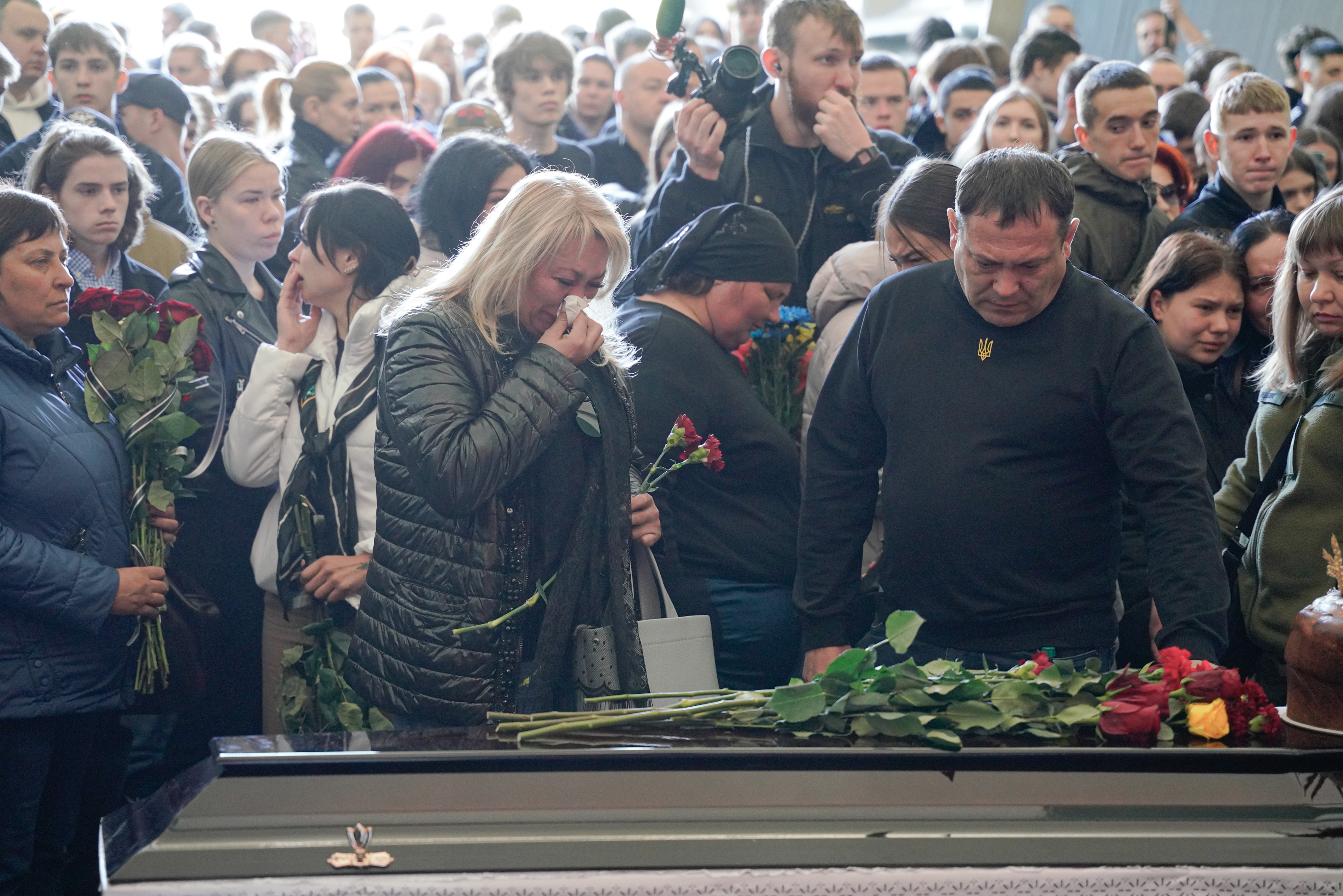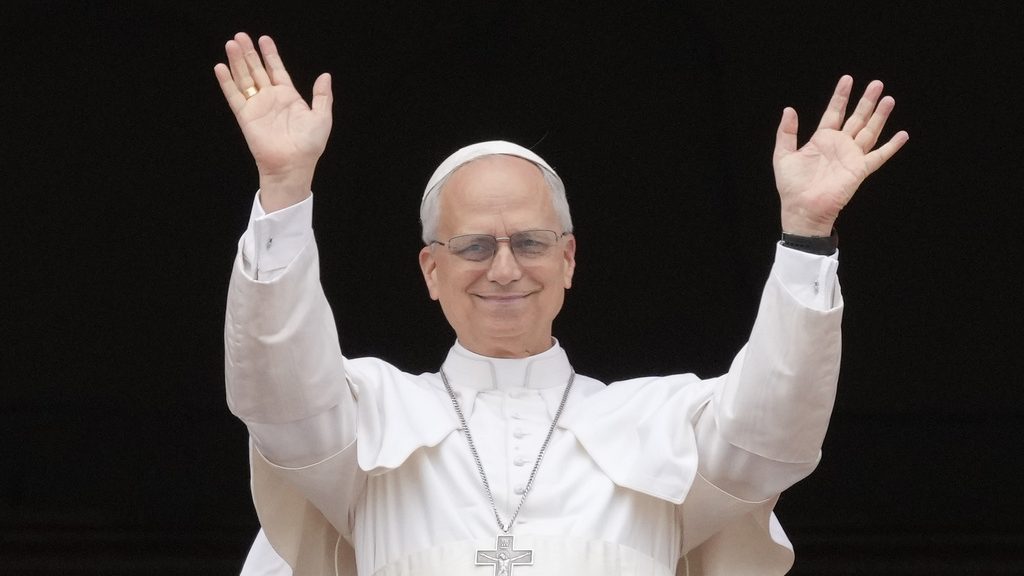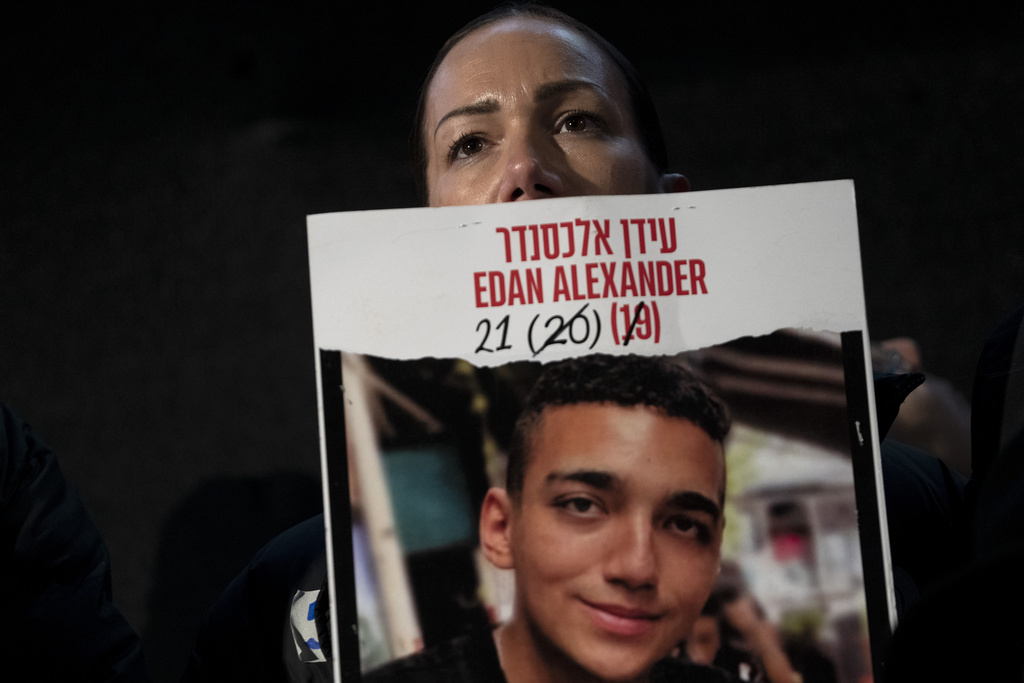Ukraine War: Trump's 24 Hour Promise - Broken?
Trump's 24-Hour Ukraine Peace Plan: Reality Check
Introduction: The Unfulfilled Promise
Remember the bold claim? President Donald Trump, riding the wave of his potential second term, vowed to end the war in Ukraine in just 24 hours. A seemingly impossible feat, right? Well, nearly 100 days into this hypothetical presidency, the grim reality is that the conflict between Moscow and Kyiv continues to rage on. It begs the question: what happened to the promised swift resolution?
The Ground Reality: War's Relentless Grip
Despite Trump's confident pronouncements, the situation on the ground remains dire. Russian forces continue their relentless assault, leaving a trail of devastation in their wake. Civilian areas are being battered, and the human cost of this war is staggering. Are we witnessing history repeating itself, with promises of peace dissolving into the harsh realities of geopolitical complexities?
Ukrainian Resistance: A Fight Against the Odds
Against seemingly insurmountable odds, Ukrainian troops continue to mount a valiant defense. President Volodymyr Zelenskyy, however, finds himself increasingly concerned as resources dwindle. It’s like watching a lone ship battling a raging storm – can it possibly survive?
Trump's Shifting Stance: A Deal in the Works?
Adding another layer of intrigue to this already complex situation, Trump has hinted at a potential deal in the making. He's expressed a desire for Russian President Vladimir Putin to "sign it and be done with it and just go back to life." But is this just wishful thinking, or is there genuine progress being made behind closed doors?
Blame Game: Zelenskyy vs. Putin
In a somewhat predictable turn of events, Trump has also been seen shifting blame between the two leaders. He’s criticized Zelenskyy for "prolonging" the "killing field" while simultaneously blasting Putin for complicating negotiations with recent strikes on Ukraine. Is this a strategic move, or simply a reflection of the volatile nature of the conflict?
The Challenges of Peacemaking: A Gordian Knot
Ending a war is never as simple as waving a magic wand. The conflict in Ukraine is a tangled web of historical grievances, geopolitical ambitions, and deeply entrenched animosities. Untangling this Gordian knot requires more than just a 24-hour deadline; it demands nuanced diplomacy, unwavering commitment, and a willingness to compromise from all parties involved.
Geopolitical Chessboard: Shifting Alliances and Power Plays
The Ukraine war isn’t happening in a vacuum. It's playing out on a complex geopolitical chessboard, with various nations vying for influence and pursuing their own strategic interests. Understanding these underlying dynamics is crucial for grasping the true scope of the challenge.
Why the 24-Hour Promise Failed: A Deeper Dive
Let's be honest, the idea of ending a war in 24 hours was always far-fetched. Here are some of the key reasons why Trump's promised swift resolution has failed to materialize:
- The Complexity of the Conflict: The war has deep historical roots and involves multiple actors with conflicting interests.
- The Lack of Leverage: It's unlikely any leader could instantly force parties to agree without significant concessions or pressure.
- The Reality of War: War has its own momentum, and it rarely follows a pre-determined timeline.
Resource Depletion: A Crippling Blow
Zelenskyy's anxiety is not unfounded. The dwindling resources are rapidly diminishing, and without sustained support, the Ukrainian resistance faces a bleak future. We cannot ignore the looming threat of resource depletion; the very sustenance of the Ukraine’s defence hangs in the balance.
The Role of International Diplomacy: A Collective Responsibility
Ending the war in Ukraine requires a concerted effort from the international community. Diplomatic pressure, economic sanctions, and humanitarian aid all play a crucial role in pushing the parties towards a peaceful resolution. It's a collective responsibility, and no single nation can solve this crisis alone.
Sanctions: A Double-Edged Sword
Economic sanctions are often touted as a powerful tool for influencing behavior, but they can also have unintended consequences. They can hurt ordinary citizens and even backfire by strengthening the resolve of the targeted regime. It’s a balancing act, and policymakers must carefully weigh the pros and cons.
The Human Cost of War: A Tragic Reality
Beyond the political and strategic considerations, we must never forget the devastating human cost of war. The lives lost, the families torn apart, and the communities shattered – these are the true tragedies of this conflict. Empathy and compassion are paramount in times of crisis.
Displaced Populations: A Humanitarian Crisis
The war has created a massive humanitarian crisis, with millions of Ukrainians displaced from their homes. Providing them with food, shelter, and medical care is a moral imperative. It also requires international cooperation and a sustained commitment to humanitarian assistance.
The Future of Ukraine: Uncertain and Precarious
The future of Ukraine remains uncertain and precarious. Will a lasting peace agreement be reached? Will the country be able to rebuild and recover from the devastation of war? These are questions that weigh heavily on the minds of millions of Ukrainians and the international community alike. Are we prepared to face the challenge that lies ahead?
Reconstruction: A Long and Difficult Road
Even if a peace agreement is reached, the road to reconstruction will be long and difficult. Rebuilding infrastructure, restoring the economy, and healing the wounds of war will require significant resources and a sustained commitment from the international community. It’s a marathon, not a sprint.
Lessons Learned: Avoiding Future Conflicts
The war in Ukraine offers valuable lessons for the future. It underscores the importance of diplomacy, conflict prevention, and a commitment to international law. It also highlights the dangers of unchecked aggression and the need for a strong and united response from the international community. Can we learn from history and prevent future conflicts?
Conclusion: A Reality Check and a Call to Action
Trump's 24-hour peace plan for Ukraine was a bold promise that ultimately fell short of reality. The conflict continues to rage on, highlighting the complexity and challenges of peacemaking. While a quick fix may not be possible, the international community must remain committed to finding a peaceful and just resolution to this crisis. It's not just about ending the war; it's about building a future where such conflicts are less likely to occur. We need diplomacy, not empty promises.
Frequently Asked Questions
- Why wasn't Trump able to end the Ukraine war in 24 hours?
The conflict involves numerous complex factors, including historical tensions, geopolitical ambitions, and deeply rooted animosities, making a quick resolution impossible. A 24-hour promise was simply unrealistic. - What are the biggest challenges in achieving peace in Ukraine?
Key challenges include securing a ceasefire, addressing territorial disputes, ensuring the safety of civilians, and establishing a framework for long-term stability and reconstruction. Diverging interests and mistrust are major obstacles. - What role is the international community playing in the Ukraine conflict?
The international community is providing humanitarian aid, imposing sanctions on Russia, and engaging in diplomatic efforts to facilitate negotiations. However, opinions on the best course of action vary, which can hinder progress. - What can individuals do to help Ukraine?
Individuals can donate to reputable humanitarian organizations, advocate for political action, raise awareness about the conflict, and support Ukrainian refugees in their communities. Every small effort can make a difference. - What is the long-term outlook for Ukraine?
The long-term outlook is uncertain, but much depends on the outcome of the war and the success of reconstruction efforts. With international support and a commitment to reform, Ukraine has the potential to rebuild and thrive. But the road ahead will be long and challenging.


